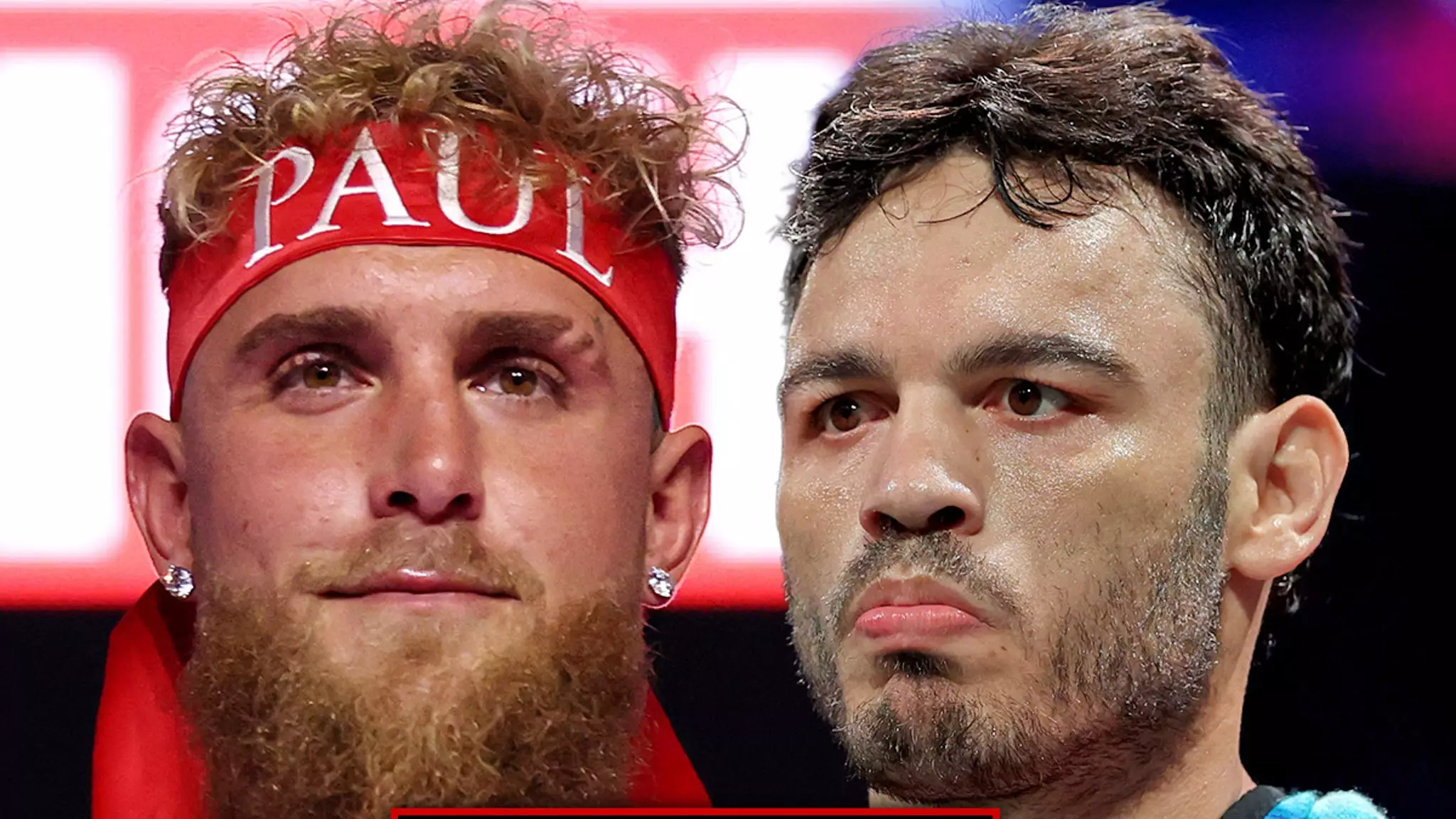In recent weeks, the sports and entertainment world has been rocked by a series of dramatic events that highlight the blurred lines between athletic achievement, legal controversies, and social media bravado. At the heart of this turbulence is Julio Cesar Chavez Jr., a name synonymous with boxing excellence, now embroiled in serious allegations and legal actions. The implications extend beyond the ring, touching on national security concerns and the personas public figures craft in the digital age.
Chavez Jr.’s detention by ICE on charges related to weapons trafficking and alleged cartel links puts a spotlight on how personal histories and associations can suddenly become headline news. The significance here transcends mere criminal accusations; it exposes the vulnerabilities of high-profile athletes when their personal lives intersect with complex criminal investigations. The U.S. government’s characterization of Chavez as an “egregious public safety threat” underscores the gravity of the allegations and raises questions about loyalty, identity, and the influence of criminal networks.
Meanwhile, the social media responses provide a different layer of interpretation. Jake Paul, the controversial YouTuber turned boxer, seemingly capitalizes on this chaos, whether intentionally or out of impulse. His cryptic tweets—celebrating Chavez’s deportation with a nationalistic emoji and suggesting Saul “Canelo” Alvarez could be next—appear calculated, hinting at a desire to insert himself into the ongoing narrative. Paul’s comments reveal a striking lack of sensitivity, reflecting perhaps a broader trend of celebrities jumping into serious issues absent a full understanding of their complexity. This behavior exemplifies how modern personalities sometimes prioritize engagement over empathy, often fueling polarization rather than constructive discourse.
The notion of Paul predicting a future confrontation with Canelo also signals an intriguing, though ethically questionable, tendency to see crises as opportunities for personal branding. His history of controversial remarks and relentless pursuit of relevance make it difficult to see his statements as anything but strategic moves meant to amplify his visibility. This raises a larger question about the responsibilities—or lack thereof—that public figures hold when discussing criminal allegations and legal proceedings involving others.
Furthermore, Chavez Jr.’s potential deportation and the broader controversies surrounding his immigration status shine a spotlight on systemic issues within U.S. immigration policies. The case underscores how legal missteps, such as fraudulent statements on immigration forms, can have severe consequences, especially when amplified by celebrities’ platforms. It prompts viewers to consider the societal and political ramifications of mixing celebrity culture with serious criminal investigations—often sensationalized for media consumption but fraught with real-life consequences.
Overall, the developments surrounding Chavez Jr., Paul’s provocative tweets, and the ongoing immigration and legal debates serve as stark reminders of how interconnected our cultural, legal, and social systems have become. Each actor involved—whether athlete, celebrity, or government—plays a role in shaping public perception and steering the narrative in unpredictable directions. It’s an era marked less by clear-cut victories and more by intricate power plays hiding beneath the veneer of entertainment and athleticism.

Leave a Reply